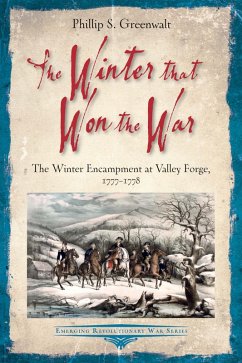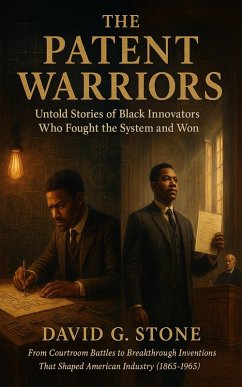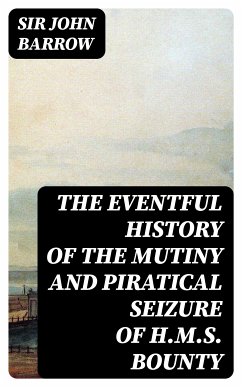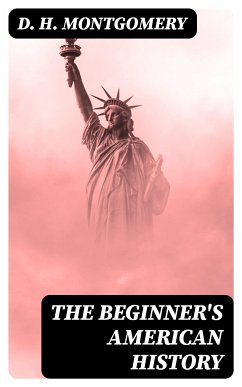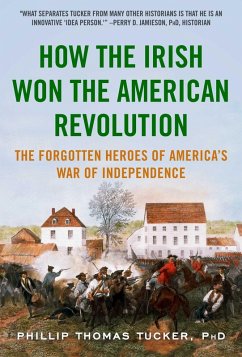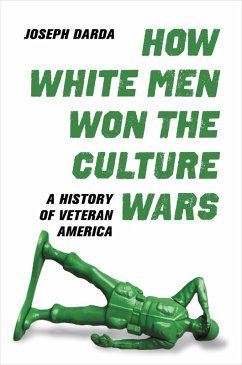
Deeds that Won the Empire (eBook, ePUB)
Historic Battle Scenes
Versandkostenfrei!
Sofort per Download lieferbar
1,99 €
inkl. MwSt.
Weitere Ausgaben:

PAYBACK Punkte
0 °P sammeln!
In "Deeds That Won the Empire," W. H. Fitchett presents a compelling exploration of the pivotal moments and extraordinary figures that shaped the British Empire. Utilizing a vivid narrative style, Fitchett weaves together a series of historical accounts that both illuminate and dramatize the sacrifices and triumphs accompanying Britain's imperial pursuits. The book is structured thematically, covering a range of military and diplomatic achievements, and provides a critical lens on the moral and ethical implications of imperialism, reflecting the complex dynamics of the late 19th and early 20th...
In "Deeds That Won the Empire," W. H. Fitchett presents a compelling exploration of the pivotal moments and extraordinary figures that shaped the British Empire. Utilizing a vivid narrative style, Fitchett weaves together a series of historical accounts that both illuminate and dramatize the sacrifices and triumphs accompanying Britain's imperial pursuits. The book is structured thematically, covering a range of military and diplomatic achievements, and provides a critical lens on the moral and ethical implications of imperialism, reflecting the complex dynamics of the late 19th and early 20th centuries. W. H. Fitchett was not only a prominent author but also an accomplished journalist and historian, whose British patriotic sentiment and keen interest in military history significantly informed his writing. Born in 1850, Fitchett's experiences as a war correspondent during the Second Boer War undoubtedly influenced his understanding of the realities of colonial conflict and imperial aspiration, enabling him to depict these events with both authenticity and poignancy. For readers interested in imperial history, military strategy, or the ethical dimensions of colonialism, "Deeds That Won the Empire" is an indispensable addition to their library. Fitchett's masterful storytelling and insightful analysis will not only educate but also provoke thought regarding the enduring legacy of empire in shaping modern society.
Dieser Download kann aus rechtlichen Gründen nur mit Rechnungsadresse in A, B, BG, CY, CZ, D, DK, EW, E, FIN, F, GR, H, IRL, I, LT, L, LR, M, NL, PL, P, R, S, SLO, SK ausgeliefert werden.




